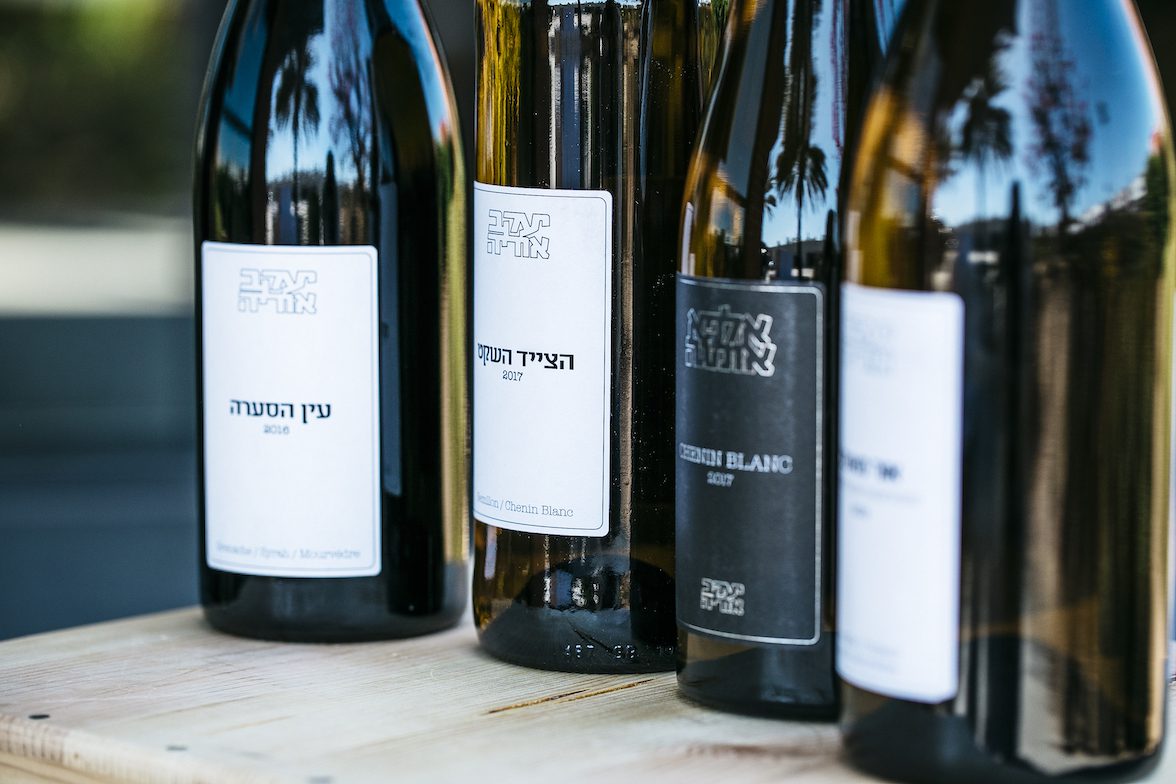From Andrew, your Kosher Sommelier:
I had a mentor in my early years of learning about and tasting wine, a curmudgeonly lifelong bachelor who worked in a retail store. I wouldn’t say he was lovable, or that he enjoyed my company much, since I was not a big buyer and asked more than my fair share of questions. However, after a couple glasses, he was more tolerant of my questions, and began to more openly volunteer his opinions on the world of wine.
In retrospect, I don’t think I needed to believe many of the tall tales he would share with me about the wine he would drink and his reasons for not collecting. Why should he buy and age wine – he told me if he wanted an aged bottle, he would buy a 1961 or 1982 Latour from the cellar of a friend at a reasonable price. Maybe so, or maybe after working in a wine shop for 30 years, he didn’t care to go home to more wine.
Another comment he made which really stuck with me was about white wine. During a tasting, I asked him about which white wines he thought were the most interesting. Predictably, he was not pleased with my question and responded that white wines were “defective” as a genre – they are “red wines missing pigmentation.” He only thought white wine was necessary when pairing with delicate white fish, and that’s about it. Don’t judge him by this one comment – he certainly knew more about wine that most people I had encountered (probably true to this day as well). This one liner was extreme editorializing about his distaste for white wine and its limited functionality for a true red wine drinker.
The reason I flashed back to this conversation was after my comments last year about the importance of white wine in the kosher scene and how this important part of the wine world was becoming more and more relevant. No, it’s not a heavy Cab or whatever people feel they need to drink with steak or roast. But as I predicted in my podcast, as kosher cuisine becomes more sophisticated and fresh, and also less reliant on rich, heavy ingredients, wine pairings are going to need to “lighten up” as well. Consequently, as Sushi, Poke bowls, Ramen, avocado toast, and even grilled romaine lettuce make their way into the regular rotation of kosher cooking, the need for crisp, clean, and elegant whites of distinction will continue to evolve in their necessity. Pigment defective or not, today’s trends will demand that our wines lighten up a bit.
The wines of Ya’acov Oryah are meaningful whites that are made with intention. Our newest exclusive partner, Ya’acov specializes in white wines and utilizes various winemaking approaches in his different series. Our most popular is the 2018 Light From Darkness, which as it name alludes to, is a white wine made from red grapes (with zero skin contact, hence no pigmentation). This is a lovely, fresh wine with tropical flavors and electric acidity. A more traditionally produced wine is hardly ordinary. Made in the style of an Australian Hunter Valley white, the 2017 Silent Hunter is an early harvested blend of Semillon and Chenin Blanc. Its rich, unctuous mouthfeel is delicious now, but the real charm will be revealed after years of aging in your cellar. Finally, his epitome of white wine making is the Alpha Omega series. The focus here is to feature the entire grape – stems, skins, pulp – not just the juice. With extended skin contact, the wine develops a charming nutty and baking spice profile that is alluringly complex and inviting.
In a world of white wine, don’t be caught without this series. I have a feeling if I could pour these for my old mentor, he might have to struggle to complain…
Wines Mentioned can be Found Here.


